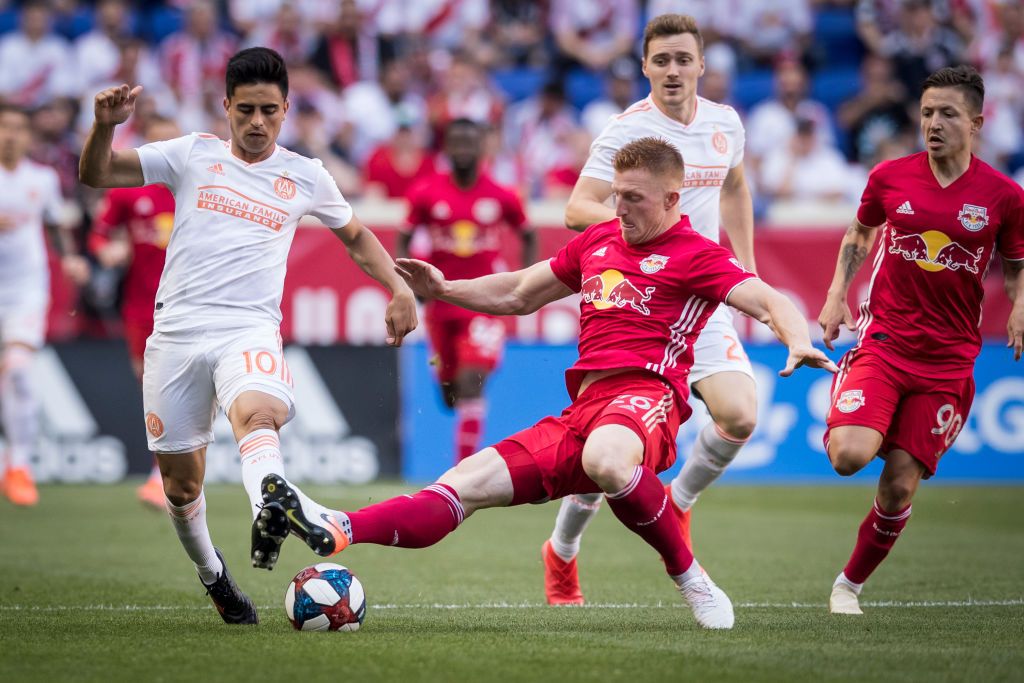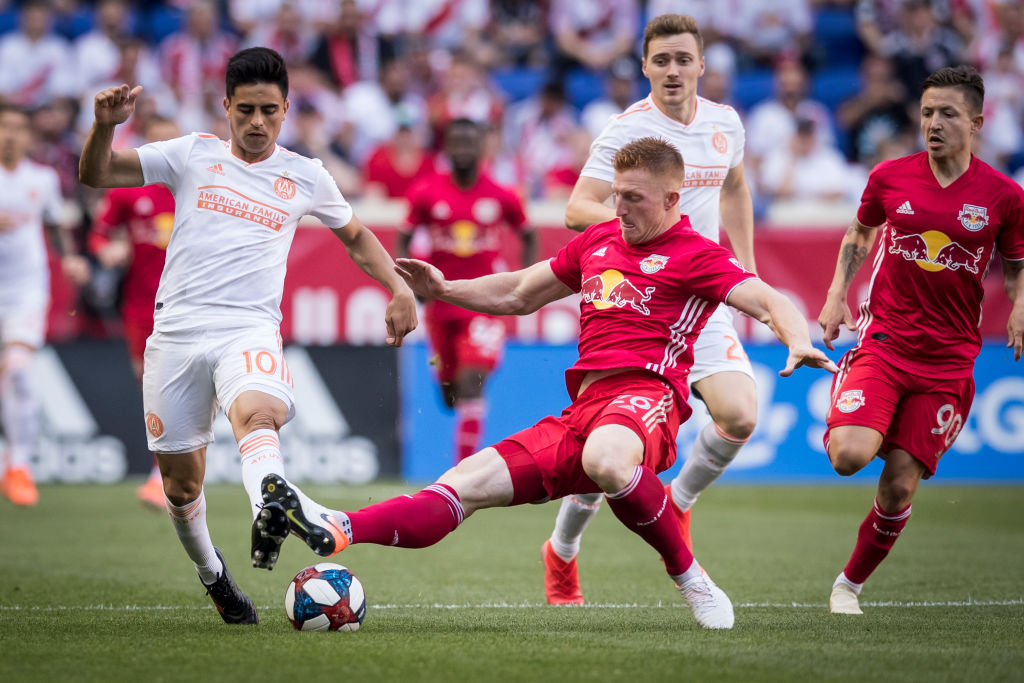

Ever since coming into existence in 1996, Major League Soccer has made a reputation of being unique. Unlike the other leading soccer leagues in the world, there's no promotion/relegation structure. And unlike other leagues, the champion is decided not in the regular season, but the playoffs.
From its single-entity structure to profit sharing to the SuperDraft to discovery rights, there are a billion things that make MLS stick out like a sore thumb. And one of the biggest differences has been a calendar that runs from the start of the year to the end of the year, as opposed to from summer to spring.
MLS calendar set to change in 2027 but why?
On November 13, MLS announced that it will finally change its schedule, aligning it with the world's top soccer leagues. "The calendar shift is one of the most important decisions in our history," stated MLS Commissioner Don Garber.
"Aligning our schedule with the worlds top leagues will strengthen our clubs global competitiveness, create better opportunities in the transfer market, and ensure our Audi MLS Cup Playoffs take center stage without interruption. It marks the start of a new era for our league and for soccer in North America."
A new calendar for a global league.Beginning in 2027, Major League Soccer will adopt a summer-to-spring season format a historic evolution in the leagues competition calendar.Details: https://t.co/YOlzd4oGDB pic.twitter.com/JYzdkKX01oNovember 13, 2025
The 2026 season will the final campaign with the 'traditional' MLS calendar. Between February and May 2027, MLS will undergo a transitional 14-match regular season (in contrast to its normal 34-match season) followed by the MLS Cup Playoffs. This will determine 2027 qualification for the Lamar Hunt U.S. Open Cup, Canadian Championship, Leagues Cup and the Concacaf Champions Cup.
The new regular season will kick off in July 2027 and last for several months before undergoing a winter break from mid-December to early February. The regular season will end in April 2028, and the playoffs will be held in May 2028. And after short pause to allow players to take part in international tournaments like the Euros and Copa Amrica, the season will start again in July 2028.
It begs the question: Just why is MLS changing its schedule? There are a few reasons behind this shift, but one of the biggest has to do with the playoffs. MLS has struggled to generate attention for its postseason due to the fact that it's competing with more popular events like the MLB World Series, the College Football and NFL season, as well as the NBA and NHL regular season.
What's more, the October and November international breaks have caused the MLS to stretch out the playoffs, forcing many teams to wait three weeks between the first and second round of the postseason. As such, this change will effectively kill two birds with one stone, bringing the playoffs to May, where they will only be competing with the NBA and NHL playoffs and the early stages of the MLB season.
This will also downsize the MLS offseason, which lasts four months for teams that fail to reach the MLS Cup playoffs. Furthermore, it will also reduce the amount of players who are forced to play in the sweltering summer heat and potentially suffer drastic health consequences.
Above all, though, the biggest changes will be transfer-related, enabling MLS teams to purchase and retain top-quality players. Whereas MLS teams do the majority of their business in the winter offseason, the rest of the world typically does their transfer business in the summer.
This has resulted in a Catch-22 for MLS teams, who must pick between selling indispensable players just as they're preparing for the most important stage of the season, or potentially missing out on valuable transfer revenue. On the other hand, MLS teams will typically have to either overpay for top-quality players the winter or wait until the summer, by which point they may no longer have a chance of achieving their objectives.
Whilst the United States is undoubtedly a soccer-crazed nation, it's fair to say that it isn't yet an MLS-crazed nation. MLS is betting on these sweeping changes to revolutionize the league's quality and popularity and emerge as a major challenger to Europe's top five leagues. But will it pay off? Only time will tell.

